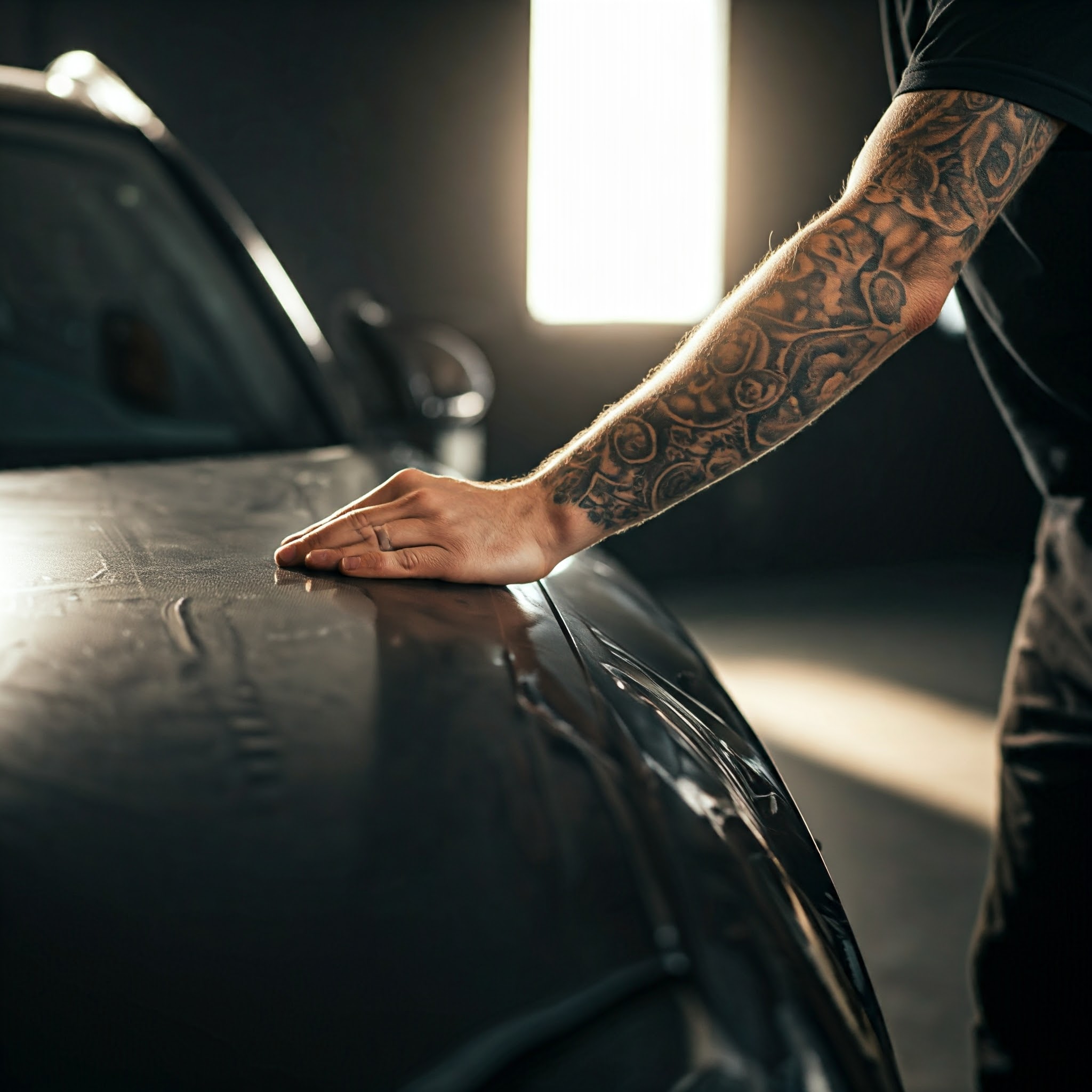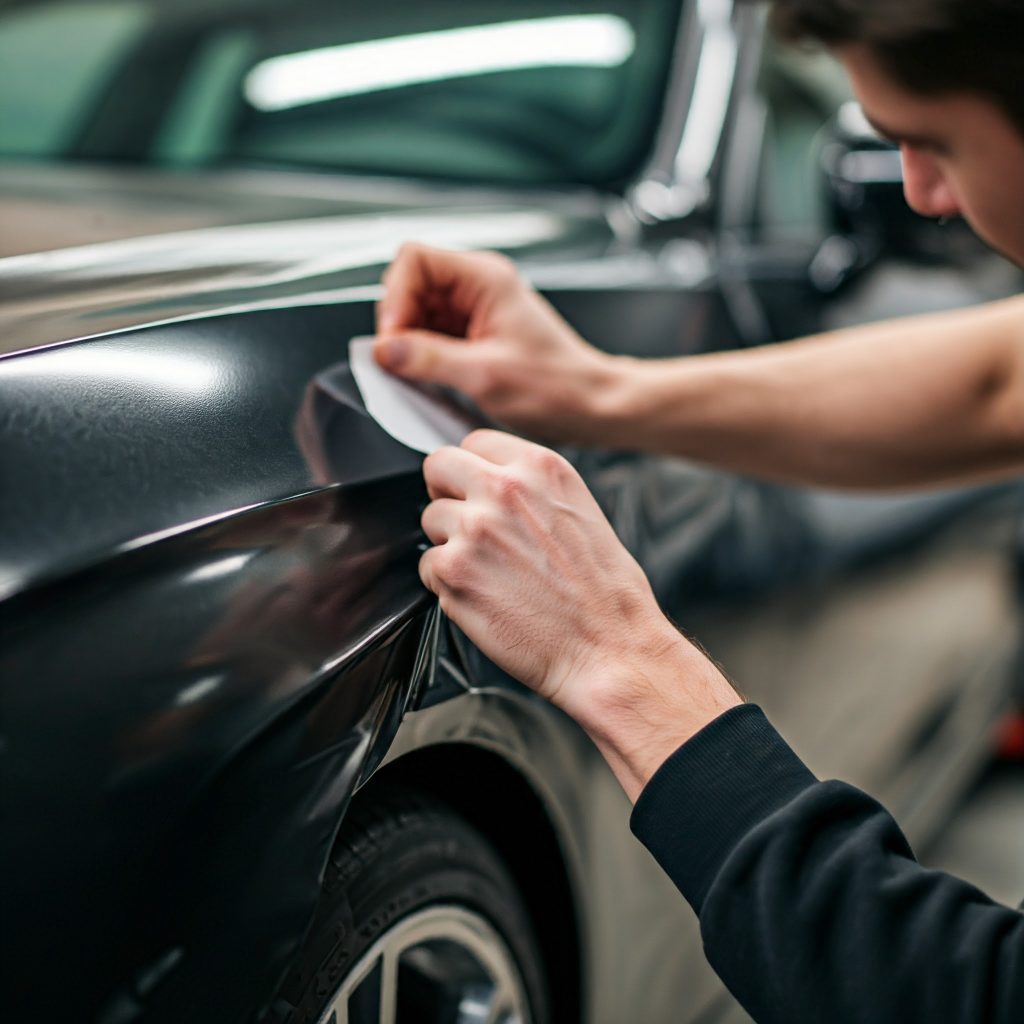How Much Does It Cost to Wrap a Car?
Car wrapping is a popular choice for those looking to change their vehicle’s appearance without the commitment of a permanent paint job. The cost to wrap a car can vary widely based on several factors, including the size of the vehicle, the type of wrap selected, and the complexity of the design. This guide provides a detailed breakdown of the costs involved in wrapping a car, helping you understand what to expect when considering this option.
Cost Factors for Car Wrapping
Several key elements influence the total cost of wrapping a car. Understanding these factors can help you budget more effectively:
- Size of the Car: The size of the vehicle is one of the most significant factors affecting the cost. Larger vehicles, such as SUVs and trucks, require more vinyl material and more labor for installation, leading to higher costs. Conversely, smaller cars, like compact sedans, generally cost less to wrap.
- Type of Wrap: There are various types of vinyl wraps available. Basic solid color wraps are more affordable, while high-end finishes, such as carbon fiber, chrome, or specialty textures, can significantly increase the cost. The material’s quality also plays a crucial role in pricing.
- Complexity of Design: If you want a simple, solid color wrap, the costs will be lower. However, custom designs that involve intricate detailing, graphics, or multi-color wraps will require more time and expertise, which can raise the price significantly.
- Condition of the Vehicle: If your car has existing damage, such as dents, rust, or other issues, it may need repairs before a wrap can be applied. These additional repairs will add to the overall cost of wrapping.
- Professional vs. DIY Installation: While you can opt for a DIY installation to save money, hiring a professional installer typically ensures a higher-quality finish. Professional installation comes at a higher cost but can prevent issues like bubbles and misalignment.
Average Cost Breakdown
Here’s a general idea of the cost range based on the vehicle size and type of wrap:
- Small Cars: Wrapping a compact car or small sedan typically costs between $1,500 to $3,000. This price covers both the material and labor for a basic color wrap.
- Mid-Size Cars: A mid-sized vehicle, such as a sedan or small SUV, usually falls in the range of $2,000 to $4,000.
- Large SUVs and Trucks: Larger vehicles, including trucks or full-size SUVs, can range from $3,000 to $5,000, depending on the complexity of the design and the type of wrap material used.
- Exotic or Custom Wraps: Custom wraps featuring complex graphics or specialty materials (like chrome, matte, or carbon fiber) can easily exceed $5,000, with high-end finishes sometimes reaching $10,000 or more.
Types of Wraps and Their Costs
Different types of car wraps come with varying price points:
- Gloss Finish Wrap: This type mimics the appearance of regular paint and is one of the more affordable options, typically costing between $1,500 to $3,000.
- Matte Finish Wrap: A flat, non-shiny finish that costs slightly more, generally ranging from $2,000 to $4,000.
- Satin Finish Wrap: This finish lies between matte and gloss, often priced similarly to matte wraps at about $2,000 to $4,000.
- Carbon Fiber or Brushed Metal Wraps: These textured wraps are more expensive due to their unique appearance, with prices ranging from $3,000 to $5,000.
- Chrome or Metallic Wraps: These high-end options are among the most expensive, ranging from $6,000 to $10,000 or more for a quality finish.
Additional Costs
There are several additional costs to consider when wrapping a car:
- Partial Wraps: If you only want to wrap specific parts of your car, such as the hood, roof, or mirrors, the cost will be lower. Partial wraps can range from $300 to $1,000, depending on the size and materials used.
- Design Fees: Custom designs may require the assistance of a graphic designer, which can add between $500 to $2,000 to the total cost, depending on how complex the design is.
- Removal Fees: If you need to remove an old wrap before applying a new one, expect to pay an additional $500 to $1,000, depending on the condition and age of the existing wrap.
DIY vs. Professional Installation
While it’s possible to purchase a car wrap kit and install it yourself, many people opt for professional installation to ensure a smooth and durable finish. DIY kits typically cost between $500 to $1,000, depending on the quality of the vinyl. However, professional installation, while more expensive, offers several advantages:
- Warranty: Most professional installers provide a warranty on both the wrap and the installation, which DIY jobs typically do not offer.
- Expertise: Proper installation of a car wrap requires skill and experience. Professionals know how to avoid bubbles, wrinkles, and misalignment, ensuring a better-looking finish.
- Time Efficiency: A DIY wrap can take many hours or even days to apply correctly, while professionals can complete the job in a day or two.
How Long Does a Car Wrap Last?
A professionally installed car wrap can last between 5 to 7 years, depending on the quality of the material used and how well it’s maintained. Factors that affect the longevity of a car wrap include exposure to sunlight, frequency of washing, and whether the vehicle is parked indoors or outdoors.
Benefits of Car Wrapping
Wrapping a car comes with several advantages:
- Cost-Effective: Wrapping is often less expensive than a full repaint, especially for custom designs.
- Non-Permanent: Unlike paint, wraps can be easily removed, allowing you to change the design or sell the vehicle without hassle.
- Paint Protection: A wrap provides an extra layer of protection for the original paint, safeguarding it from UV rays, chips, and scratches.
- Variety: Vinyl wraps offer a broader range of colors, finishes, and designs compared to traditional paint options.
Conclusion
The cost of wrapping a car varies widely based on the vehicle’s size, the type of wrap, and the complexity of the design. A basic wrap for a small car starts at around $1,500, while high-end custom wraps for larger vehicles can exceed $5,000. Overall, wrapping provides a versatile, non-permanent method for transforming your car’s appearance while also protecting the original paint.
FAQs
What is Car Wrapping?
Car wrapping refers to the process of applying a vinyl film over the exterior of a vehicle. This technique allows you to transform your car’s appearance without committing to a permanent paint job. Car wraps serve multiple purposes, including aesthetic enhancements, advertising opportunities, and protective measures for the underlying paint.
Can I Wash My Car After Wrapping It?
Absolutely! You can wash your wrapped car, but it’s recommended to wait at least 48 hours after the installation. This waiting period allows the adhesive to bond effectively. For best results, opt for hand washing rather than automatic car washes to minimize the risk of damage to the wrap.
Will a Car Wrap Damage the Original Paint?
When a vinyl wrap is installed and removed correctly, it should not harm the original paint underneath. However, if the paint is already in poor condition, the wrap may not adhere well, leading to potential issues during application or removal.
Is Car Wrapping a Good Investment for Advertising?
Definitely! Car wrapping is a powerful advertising strategy, transforming your vehicle into a mobile billboard. It draws attention and is often more affordable than traditional advertising methods, making it a smart choice for businesses looking to enhance their visibility.
Are There Any Warranties for Car Wraps?
Yes, most professional wrap installers provide warranties for both the wrap and the installation. These warranties typically cover problems like fading or peeling for a designated period, giving you peace of mind about your investment.
How Do I Maintain a Wrapped Car?
To keep your wrapped car looking its best, steer clear of harsh chemicals and avoid high-pressure washing. Regular cleaning with a mild soap and water solution is ideal. Additionally, parking your vehicle indoors can help shield it from UV rays and other environmental factors that may cause wear over time.



